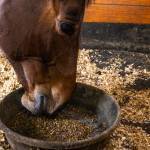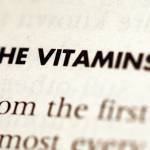Nutrition
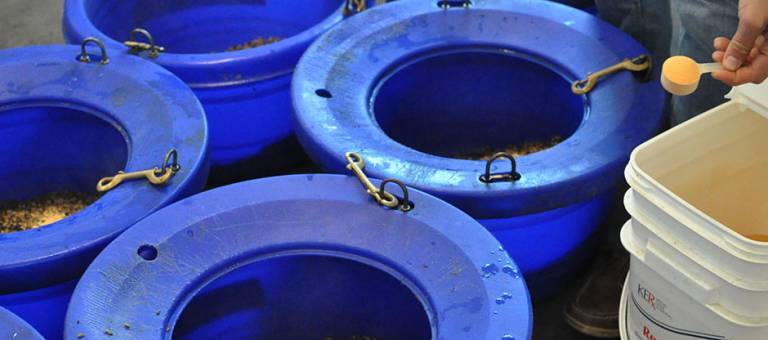
September 12, 2016
Equine Joint Inflammation and Nutritional Supplements
Researchers tested two different oral joint supplements and an NSAID. Horses in all three treatment groups had lower inflammation
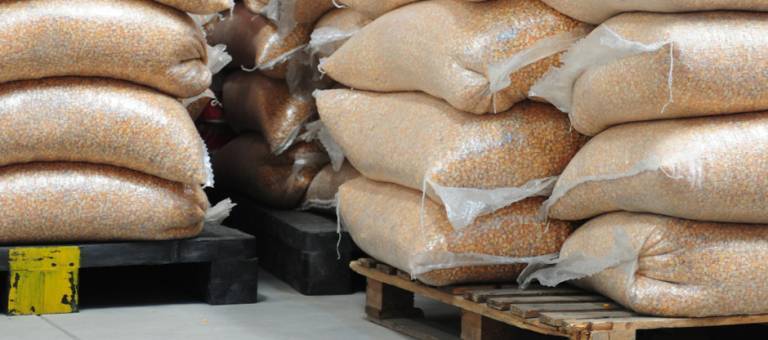
September 12, 2016
Digestibility of Horse Feeds: What Does It Mean?
There are two main ways to describe digestibility in horses; apparent digestibility and true digestibility. Apparent digestibility is an

September 09, 2016
Age-Related Changes of the Equine Gastrointestinal Tract
Age negatively impacts multiple body systems, especially the gastrointestinal tract. Older horses undergo changes to this long, convoluted organ
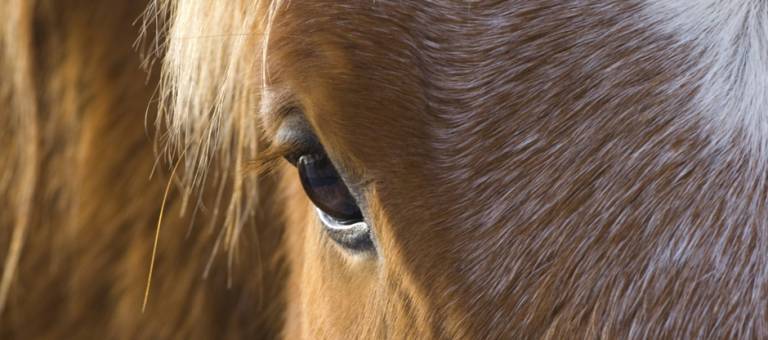
September 06, 2016
Nutritional Management of the Older Horse
Horse owners can help make the ageing process as smooth as possible by ensuring proper nutrition.
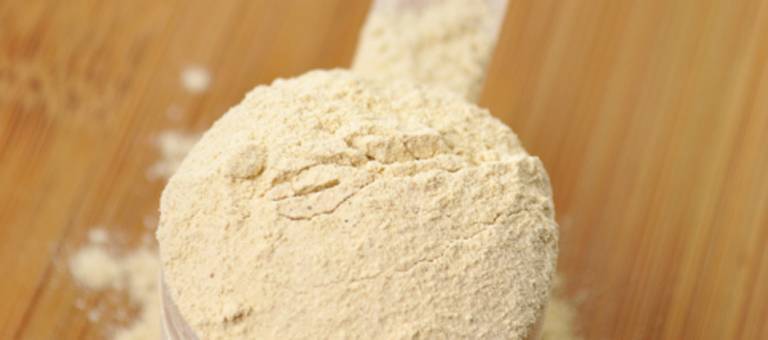
August 30, 2016
Electrolyte Oversupplementation: A Real Risk for Horses?
If more electrolytes are given than the horse requires, healthy kidneys will filter the excess sodium and other electrolytes,
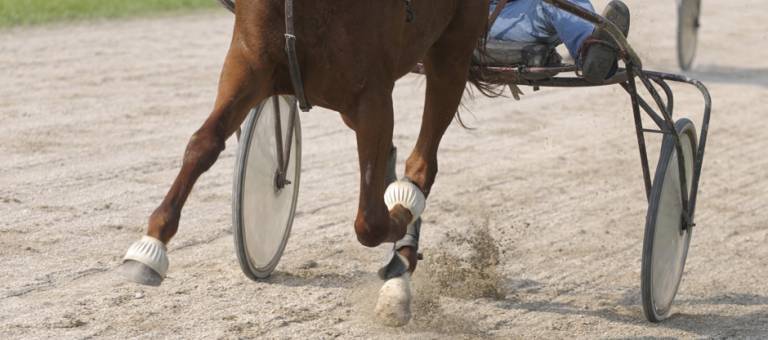
August 25, 2016
Proactive Omega-3 Supplementation for Equine Athletes
The performance horse may need more fat than what is found in forage to keep up with energy demands.
August 18, 2016
Molds: Possible Cause of Positive Equine Drug Tests
Molds get a bad rap in the equine industry and justifiably so. Inhalation of molds contribute to equine asthma syndrome,
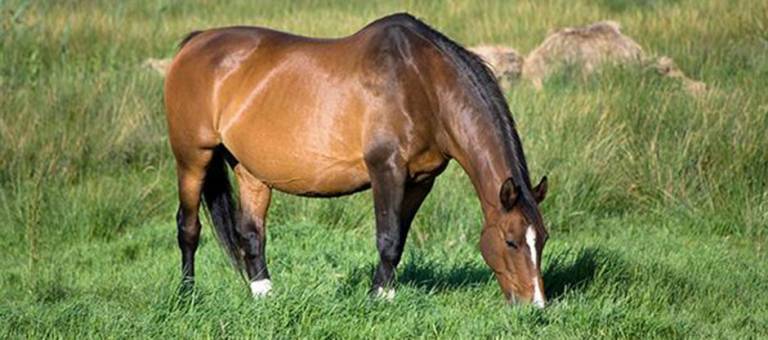
August 12, 2016
New Fescue Variety Reduces Risk for Broodmares
A researcher at the University of Kentucky has developed a new tall fescue variety that is nontoxic to mares

August 09, 2016
Equine Metabolic Syndrome: More on Horse Diets
This study provides additional evidence that simply gaining weight or being overweight does not induce insulin resistance, which can

August 03, 2016
Heartburn in Horses: A Performance Problem?
Young, athletic horses, such as Thoroughbred yearlings and racehorses, frequently suffer a disorder of the larynx called arytenoid chondritis






